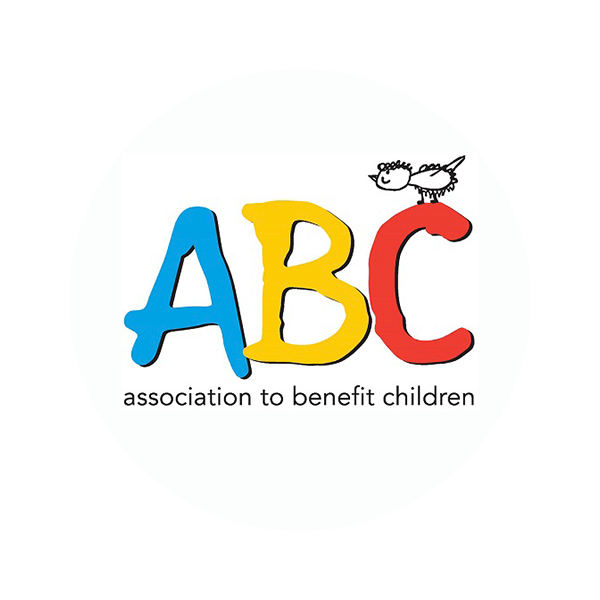What does “public charge” mean?
The U.S. Citizenship and Immigration Services (USCIS) defines “public charge” as an individual who is “primarily dependent on the government for subsistence, as demonstrated by either the receipt of public cash assistance for income maintenance or institutionalization for long-term care at government expense.” An individual considered likely to become a public charge can be denied entry to the United States, is ineligible for U.S. permanent residency or citizenship, and, in rare cases, may be deported.
What is a public charge test, and what criteria does it look at?
A public charge test, a copy of which you can find here, seeks to determine the likelihood an individual will become a public charge through looking at factors including but not limited to:
Current income;
Assets and debt;
Educational level, including English proficiency;
Age and health; and
Utilization of certain public benefits after the Inadmissibility on Public Charge Grounds Final Rule went into effect on February 24, 2020.
Holding less than a high school degree, having limited English proficiency, making an income below 125% of the federal poverty level, or having a medical condition that could require extensive care can be counted against you on your path to permanent residency or citizenship.
What benefits count against me in the public charge test?
It can be hard to understand how using a certain public benefit will affect your immigration status because (1) not every public benefit counts towards the public charge test and (2) most immigrants do not have access to the benefits that do count towards the public charge test in the first place.
The benefits that matter for the purpose of a public charge test include supplemental security income (SSI) and Temporary Assistance for Needy Families (TANF); Supplemental Nutrition Assistance Program (SNAP); Housing Choice Voucher Program; Project-Based Rental Assistance (including Moderate Rehabilitation); Subsidized Housing; and (except in a couple of specific scenarios) Medicaid.
This list may seem strange because, as the Immigration Legal Resource Center (ILRC) points out in this article, “Most immigrants who are on the path to a green card don’t have access to these benefits, or if they do, then they are in an immigrant category that is exempt from public charge.” Undocumented immigrants, including DACA holders, are ineligible for most of the benefits listed above in the first place. A qualified alien who is not a permanent resident is eligible for state-funded benefits in only a few states. Consequently, the ILRC writes that the benefits portion of the public charge test has “limited legal impact.”
The USCIS will not look at whether you utilized the following benefits in making a determination for your eligibility for admission:
Emergency medical assistance;
Disaster relief;
National school lunch programs;
The Special Supplemental Nutrition Program for Women, Infants, and Children ;
The Children’s Health Insurance Program;
Subsidies for foster care and adoption;
Government-subsidized student and mortgage loans;
Energy assistance;
Food pantries and homeless shelters; and
Head Start.
To learn more about disaster relief you may be eligible for, read our recent blog post, “What kind of COVID-19 related benefits are there?”
Are some immigrants exempt from the public charge test?
Yes - certain groups of immigrants do not have to go through the public charge test to be determined admissible to the U.S. or eligible for permanent residency. These groups include:
Refugees;
Asylees;
Certain T and U nonimmigrant visa applicants (human trafficking and certain crime victims, respectively); and
Certain self-petitioners under the Violence Against Women Act.
Seeking COVID-19 testing or treatment will not jeopardize your chances of immigration.
USCIS will not consider testing, receiving treatment, or seeking preventative care related to COVID-19 as part of a public charge inadmissibility determination even if the treatment was paid by one or more public benefits.
Your health and safety come first. Please take care of yourself during these difficult times.
-
This article was co-written by DeYan McCarthy and Lucy Nuttall.
